THE YEAR 1954 marked global transition: the Cold War escalated through nuclear developments and international alliances; decolonisation quickened in Asia and Africa; and the cultural landscape began to transform through science, literature, music, and television. In Britain, rationing ended, Queen Elizabeth II made her first major overseas tour, and Roger Bannister achieved one of sport’s greatest feats.
Explore our newspaper archives to purchase your own authentic 1954 newspaper!
January
3 January: The BBC aired The Wedding Day, launching The Grove Family, the first British TV soap opera.
7 January: The Georgetown–IBM experiment publicly demonstrated machine translation from Russian into English.
10 January: BOAC introduced the de Havilland Comet on scheduled passenger flights between London and Johannesburg.
14 January: Marilyn Monroe married Joe DiMaggio in San Francisco; they divorced in October.

The wedding of Marilyn Monroe and Joe DiMaggio. Image: Wikipedia
18 January: US Secretary of State John Foster Dulles introduced the Cold War doctrine of "massive retaliation".
21 January: The world’s first nuclear-powered submarine, USS Nautilus, was launched in Connecticut.
25 January: The Berlin Conference opened, with foreign ministers from the US, UK, USSR, and France discussing Germany and global security.
28 January: Queen Elizabeth II arrived in Sydney, the first reigning monarch to visit Australia.

30 January: Big Ben resumed its live chimes on BBC radio after 14 years of silence.
February
1 February: RCA began selling colour television sets to the US public for $1,000.
5 February: The UK abolished identity cards, first introduced in 1939 during wartime.
10 February: President Eisenhower approved expansion of the US nuclear submarine programme.
13 February: Canada and the US agreed on joint defence planning, laying groundwork for NORAD.
17 February: The USS Forrestal, the US Navy's first supercarrier, was launched.
23 February: The first mass trial of Dr Jonas Salk’s polio vaccine began in Pittsburgh, Pennsylvania.
25 February: Gamal Abdel Nasser became Egypt’s Prime Minister, beginning his rise to power.
27 February: The Church of Scientology was officially incorporated in California by L. Ron Hubbard.

Los Angles Church of Scientology. Image: Wikipedia
28 February: Colour television was tested for the first time in the UK in limited form.
March
1 March: The US detonated its most powerful hydrogen bomb, Castle Bravo, at Bikini Atoll, releasing widespread fallout.
5 March: Stirling Moss won the 12 Hours of Sebring motor race in Florida, boosting his international racing reputation.
8 March: The US confirmed military protection for Taiwan, escalating regional Cold War tension.
13 March: French forces at Dien Bien Phu came under siege by Viet Minh troops, marking the start of a decisive battle.
19 March: Willie Mosconi pocketed 526 consecutive balls in straight pool, setting a world record.
20 March: Spain and the Vatican signed an agreement restoring formal diplomatic relations.
25 March: RCA began full commercial sale of colour televisions in the US.
29 March: Oxford defeated Cambridge in the 100th Boat Race on the Thames.
31 March: India and Pakistan agreed on a 10-year pact to reduce border conflict.
April
1 April: Meat rationing ended in the UK, effectively bringing 14 years of wartime rationing to a close.
4 April: BBC broadcast the first Royal Easter Service from St George’s Chapel at Windsor.
7 April: President Eisenhower delivered his "domino theory" speech regarding Indochina and communism.
11 April: Australia ratified the ANZUS treaty, strengthening its security alliance with the US and New Zealand.
12 April: Bill Haley & His Comets recorded Rock Around the Clock, which would later top the charts.
16 April: Queen Elizabeth II visited Wellington during her landmark Commonwealth tour.
22 April: Televised Army-McCarthy hearings began in the US Senate, exposing McCarthy’s bullying tactics.
26 April: The Geneva Conference opened to address conflicts in Korea and Indochina.
May
2 May: Labour gained ground in UK local elections, particularly in northern councils.
6 May: Roger Bannister ran the first sub-four-minute mile (3:59.4) at Oxford's Iffley Road track.
7 May: French troops surrendered at Dien Bien Phu, ending France’s colonial war in Indochina.
9 May: West Germany joined the Council of Europe, a key step toward reintegration in the West.
12 May: British pilot Peter Twiss flew the Hawker Hunter past the sound barrier during testing.
17 May: The US Supreme Court ruled in Brown v. Board of Education that school segregation was unconstitutional.

Brown v Board of Education newspaper article. Image: IOWA University Libraries
20 May: British MP Fenner Brockway reintroduced his annual bill to abolish capital punishment.
24 May: The BBC broadcast its first televised weather bulletin with visual maps.
28 May: The US Department of Defense announced development of intercontinental ballistic missiles.
31 May: The UK officially recognised the State of Vietnam (South Vietnam) as an independent nation.
June
4 June: Alan Turing was found dead at his home in Wilmslow; the cause was ruled suicide by cyanide poisoning.
8 June: Charles de Gaulle publicly criticised the French government’s failures in Indochina.
12 June: The Eurovision Broadcasting Union was founded to coordinate cross-border broadcasting.
Learn more about the history of Eurovision through newspaper headlines

15 June: Gabriel Hanot proposed the creation of the European Champion Clubs’ Cup (later the UEFA Champions League).
17 June: A CIA-backed coup began against Guatemalan President Jacobo Árbenz.
20 June: RAI aired its first Italian TV news bulletin.
23 June: Pope Pius XII canonised Saint Dominic Savio, the youngest non-martyr saint.
27 June: The Obninsk Nuclear Power Plant in the USSR became the world’s first civilian nuclear power station.
30 June: The UK Cabinet approved initial plans for Calder Hall, the nation’s first nuclear power facility.
July
1 July: The UK raised the school-leaving age from 15 to 16 in post-war education reforms.
4 July: West Germany beat Hungary 3 – 2 in the FIFA World Cup Final in Bern, Switzerland.
6 July: Elvis Presley recorded That’s All Right at Sun Records, marking his recording debut.
Delve deeper into the story of Elvis Presley

9 July: The UK and US signed a nuclear cooperation agreement under the Atomic Energy Act.
14 July: A Conservative housing policy aimed at promoting home ownership was launched in Britain.
21 July: The Geneva Accords formally ended the First Indochina War, splitting Vietnam at the 17th parallel.
24 July: Construction began on Calder Hall, the UK’s first commercial nuclear power station.
27 July: British troops were sent to reinforce positions in Malaya during the Emergency.
29 July: The world’s first container shipping service was launched between London and New York.
31 July: The BBC expanded its visual weather forecasts to a broader national audience.
August
1 August: The revised Geneva Conventions were adopted by 50 nations to strengthen humanitarian laws.
5 August: Princess Margaret was photographed with Group Captain Peter Townsend, triggering public interest.
9 August: HMS Truculent was officially decommissioned following previous peacetime disasters.
11 August: SEATO was proposed in Manila as a regional defence alliance against communism.
14 August: Britain pledged military support to Jordan and Iraq under regional defence agreements.
16 August: The first issue of Sports Illustrated was published in the United States.
20 August: The USSR began military trials for space satellite technology.
23 August: Chinese forces captured the Yijiangshan Islands near Taiwan, increasing US-China tension.
26 August: The British Empire and Commonwealth Games opened in Vancouver with 24 nations competing.
30 August: Newspaper deliveries were disrupted across the UK due to industrial action by transport drivers.
September
3 September: Britain signed the Manila Pact, committing to the defence of Southeast Asia.
5 September: The inaugural Miss United Kingdom pageant took place in Morecambe.
8 September: The Southeast Asia Treaty Organization (SEATO) was officially formed in Manila.
12 September: Japan resumed international merchant shipping under its new post-war constitution.
14 September: Nikita Khrushchev replaced Malenkov as First Secretary of the Soviet Communist Party.
15 September: Hurricane Edna hit the US northeast coast, killing 21 people.
18 September: British Rail rolled out its first diesel multiple units on key inter-city routes.
20 September: The UK authorised construction of a new motorway between London and Birmingham.
17 September: Lord of the Flies by William Golding was published in London by Faber and Faber.
26 September: Rent control reform bills were introduced in the UK to regulate post-war housing shortages.
October
4 October: The first McDonald's franchise opened in Des Plaines, Illinois, under Ray Kroc’s system.
7 October: The English National Opera staged The Barber of Seville at Sadler's Wells Theatre.
10 October: The US tested a hydrogen bomb in Operation Castle, part of Cold War escalation.
15 October: Hurricane Hazel devastated Haiti and the Carolinas, killing over 1,000 people.
18 October: Texas Instruments released the Regency TR-1, the world’s first commercial transistor radio.
20 October: Queen Elizabeth II formally opened the restored House of Commons chamber.
23 October: West Germany was invited to join NATO as a full member state.
25 October: A national strike by Welsh miners protested unsafe coalface conditions.
27 October: Benjamin Britten’s opera The Turn of the Screw premiered at La Fenice in Venice.
31 October: The FLN launched armed revolt against French rule in Algeria, starting the Algerian War of Independence.
November
1 November: Coordinated FLN attacks in Algeria marked the start of the Algerian War.
3 November: Godzilla premiered in Tokyo, symbolising post-nuclear trauma and fear.
5 November: Guy Fawkes Night was widely celebrated with new post-war safety regulations in place.
8 November: US midterm elections gave Democrats control of both houses of Congress.
12 November: Ellis Island closed permanently after processing 12 million immigrants since 1892.
14 November: The UK's last steam-hauled mail train ran from London King's Cross to Aberdeen.
18 November: Sultan Mohammed V of Morocco returned from exile, accelerating independence efforts.
20 November: BBC expanded its national TV service to cover over 80% of UK households.
23 November: The Dow Jones Industrial Average surpassed its 1929 peak, signalling post-war economic recovery.
26 November: British troops clashed with Mau Mau rebels in Kenya during continued colonial unrest.
December
1 December: The UK government approved construction of its first hydrogen bomb, to be tested in Australia.
2 December: The US Senate censured Senator Joseph McCarthy for misconduct, effectively ending his influence.
4 December: Queen Elizabeth II recorded her first televised Christmas message, to be broadcast on 25 December.
7 December: The UK restored full diplomatic relations with Israel.
10 December: Ernest Hemingway was awarded the Nobel Prize in Literature.
12 December: The Netherlands granted autonomy to Suriname and the Netherlands Antilles.
15 December: The British Museum reopened post-war galleries for the first time since the Blitz.
18 December: The UK announced it would withdraw from the Suez Canal by 1956 under treaty obligations.
24 December: BBC aired its adaptation of A Christmas Carol, starring Bransby Williams.
28 December: Final approval was given for construction of Calder Hall, Britain’s first nuclear power station.
31 December: London Underground trialled automatic ticket barriers at selected stations.
Key Events of 1954
The End of the First Indochina War and the Division of Vietnam
ONE of the most consequential events of 1954 was the conclusion of the First Indochina War, a colonial conflict that had lasted for nearly eight years. On 7 May, French forces surrendered at Dien Bien Phu after a prolonged siege by the Viet Minh, marking the decisive defeat of France’s colonial presence in Southeast Asia. This military collapse led to the Geneva Conference, which resulted in the Geneva Accords on 21 July. The agreement temporarily divided Vietnam at the 17th parallel, with the communist north under Ho Chi Minh and the south supported by Western powers. Although this division was intended to be temporary, it laid the foundation for the Vietnam War. The outcome also signalled a broader turning point, representing the decline of European colonialism and the rising influence of Cold War politics in Asia.
The Landmark Brown v. Board of Education Ruling
ON 17 MAY, the United States Supreme Court issued its historic unanimous decision in Brown v. Board of Education of Topeka, declaring that racial segregation in public schools was unconstitutional. This ruling overturned the 1896 Plessy v. Ferguson decision, which had upheld the doctrine of "separate but equal". The Supreme Court found that separate educational facilities were inherently unequal and violated the 14th Amendment. The decision became a legal and moral milestone in American history. It inspired a surge of civil rights activism and became the cornerstone of future efforts to dismantle institutional racism across the United States.
Roger Bannister Breaks the Four-Minute Mile
ON 6 MAY, British athlete Roger Bannister became the first person to run a mile in under four minutes. Competing at the Iffley Road Track in Oxford, he completed the distance in 3 minutes 59.4 seconds. The achievement defied expectations, as many experts had believed the four-minute barrier to be physiologically unreachable. Bannister trained while studying medicine and was not a professional athlete, making the record all the more inspiring. His performance was quickly recognised as one of the defining sporting moments of the century. Just weeks later, the record was broken again, but Bannister’s historic run remained a symbol of human determination and resilience.

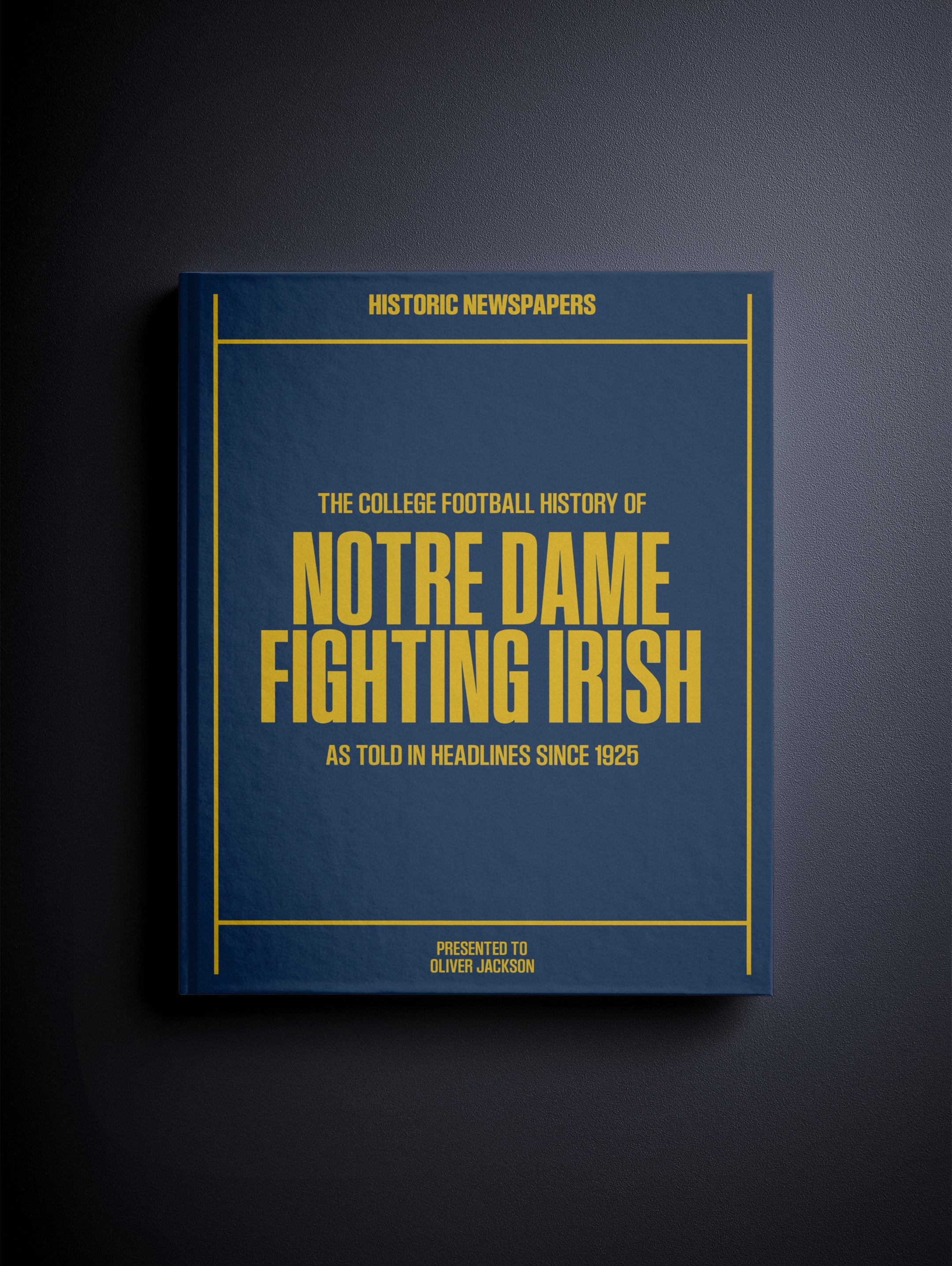
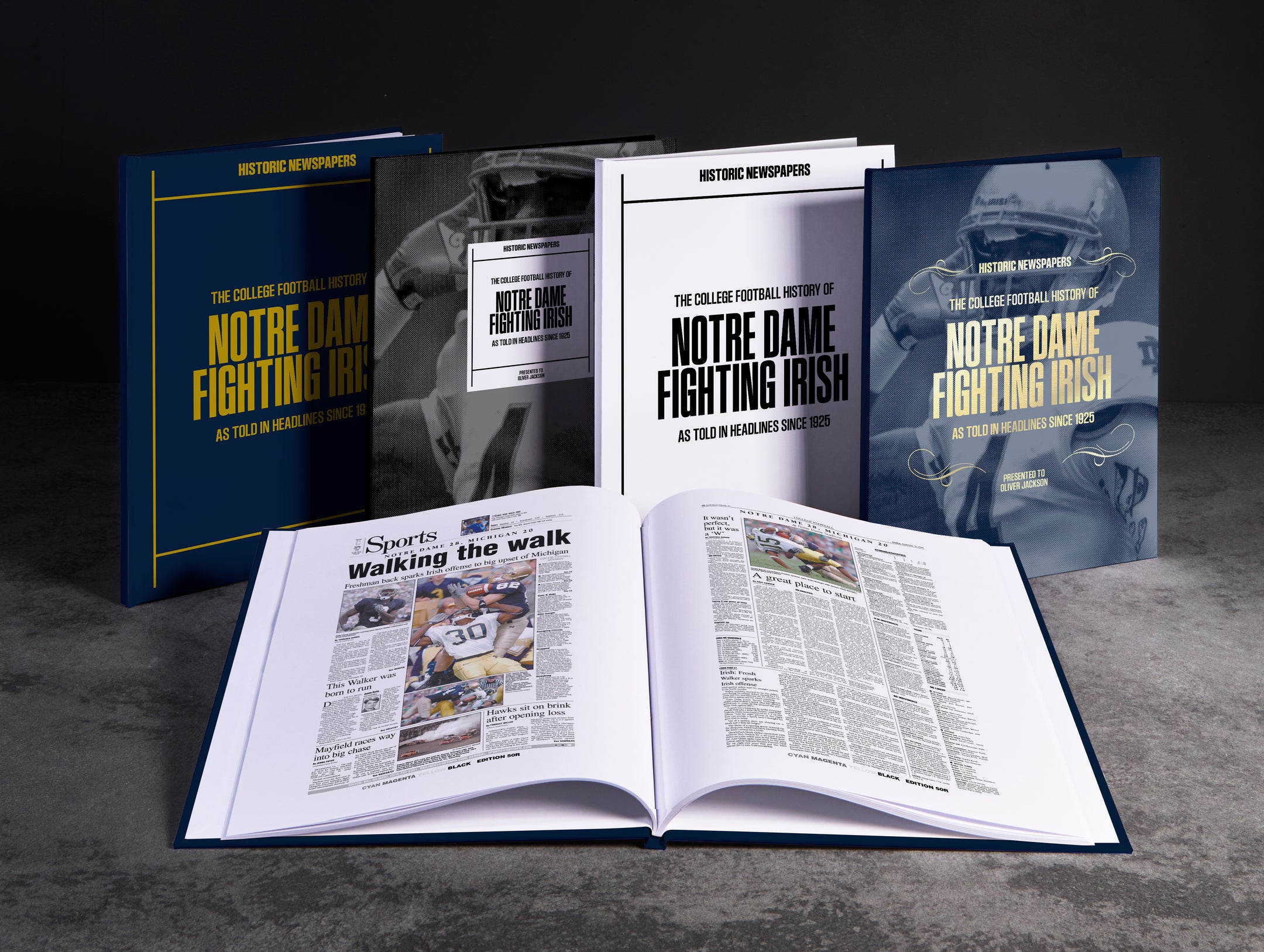
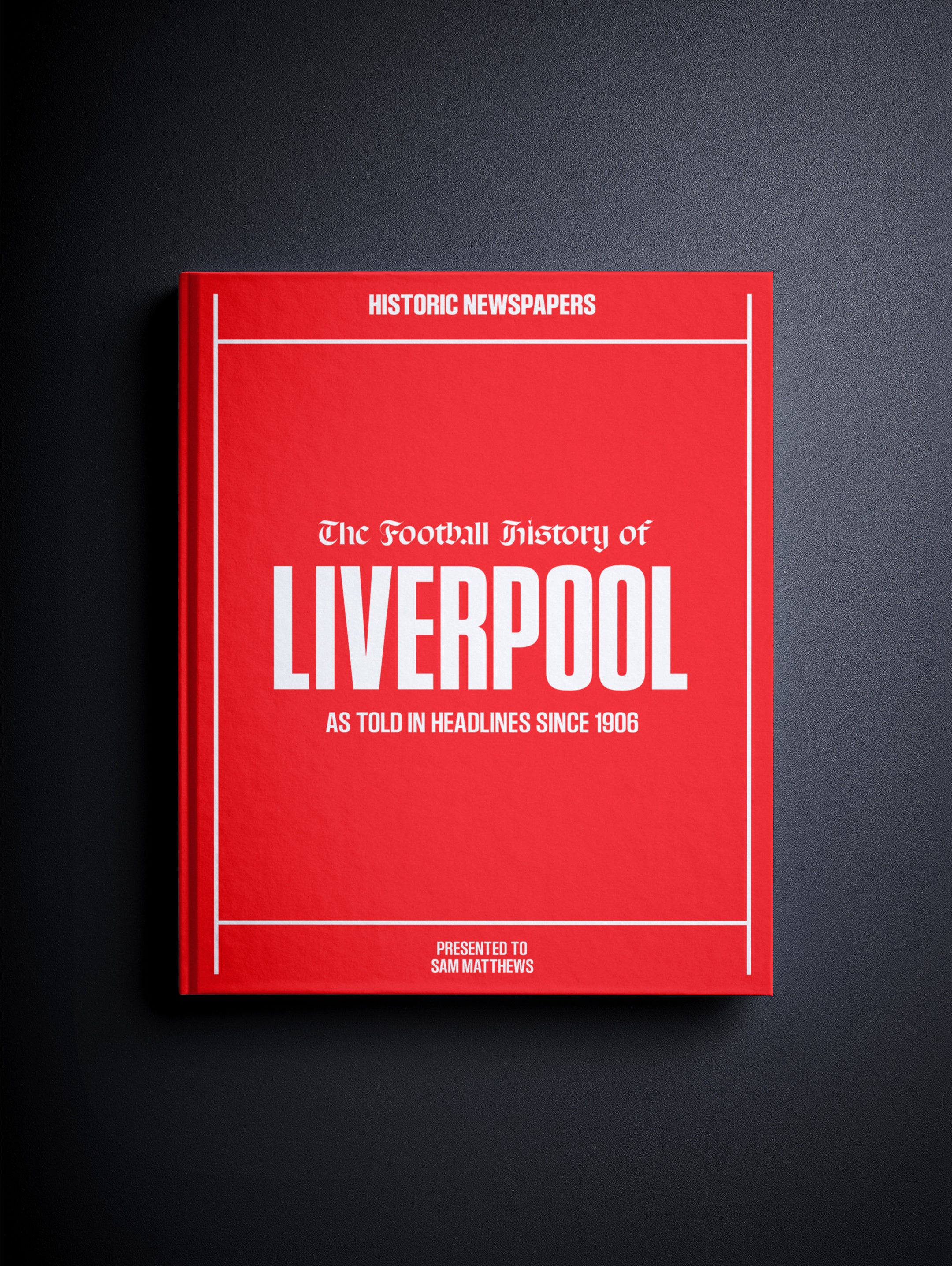
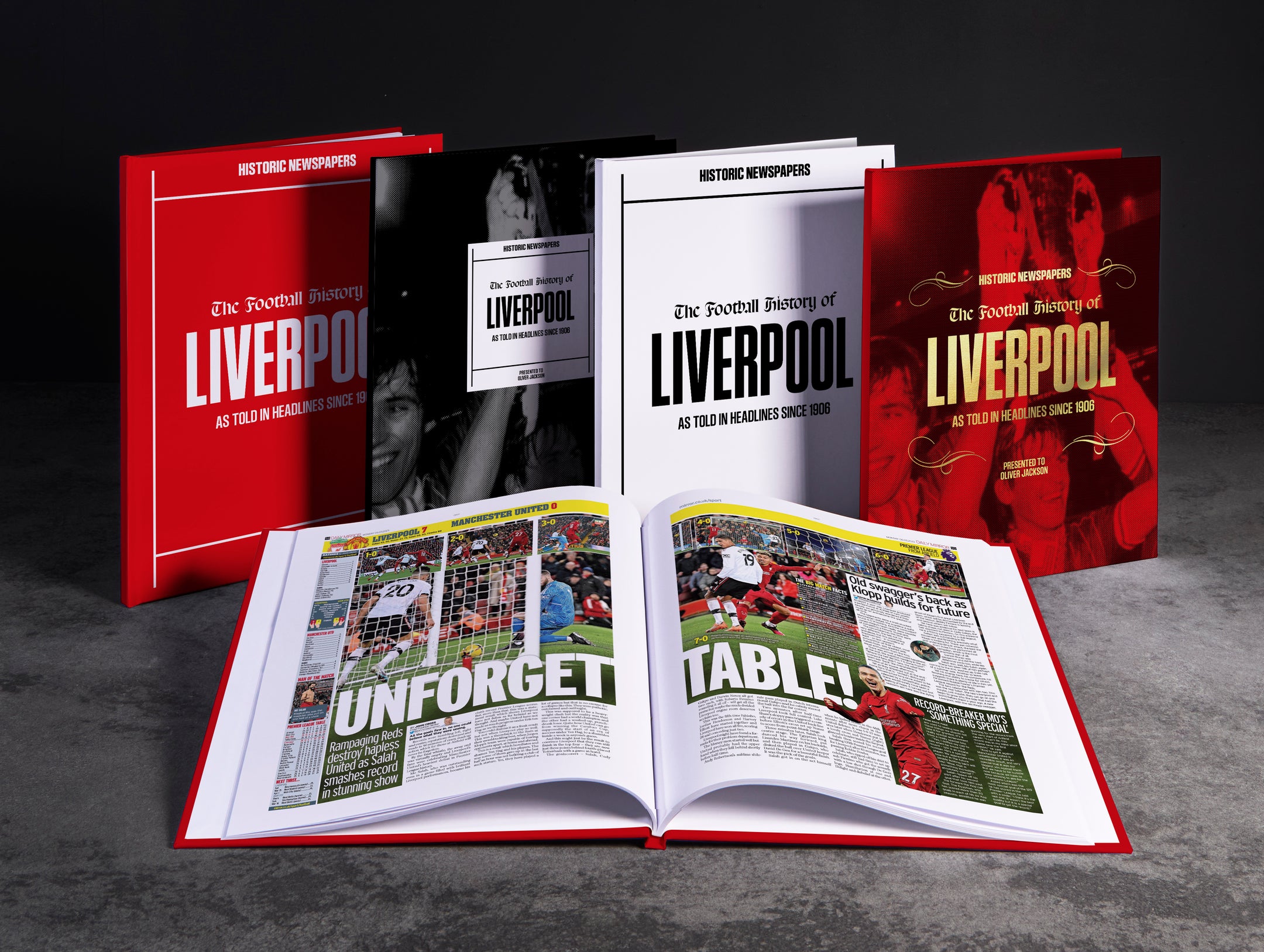


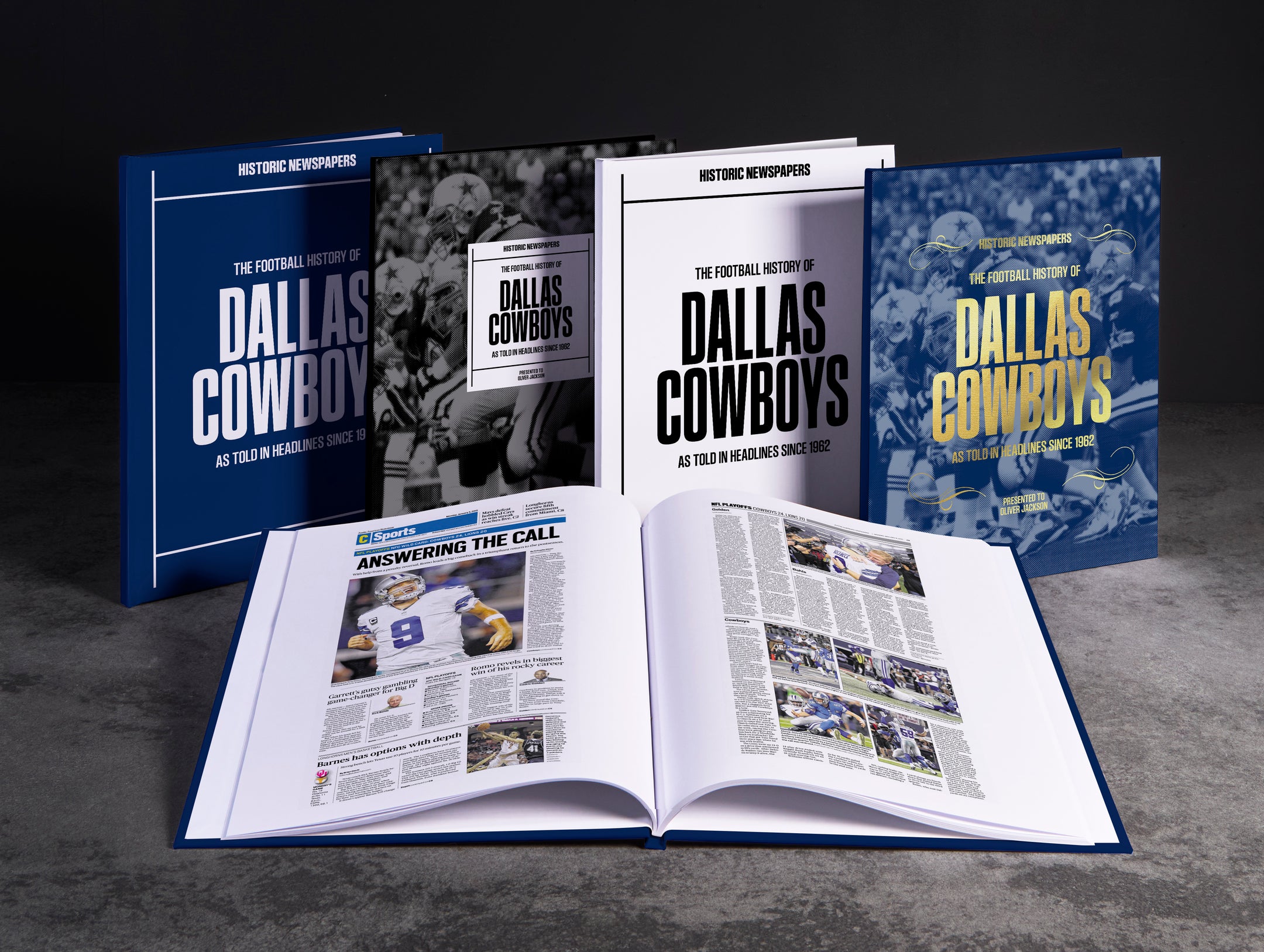
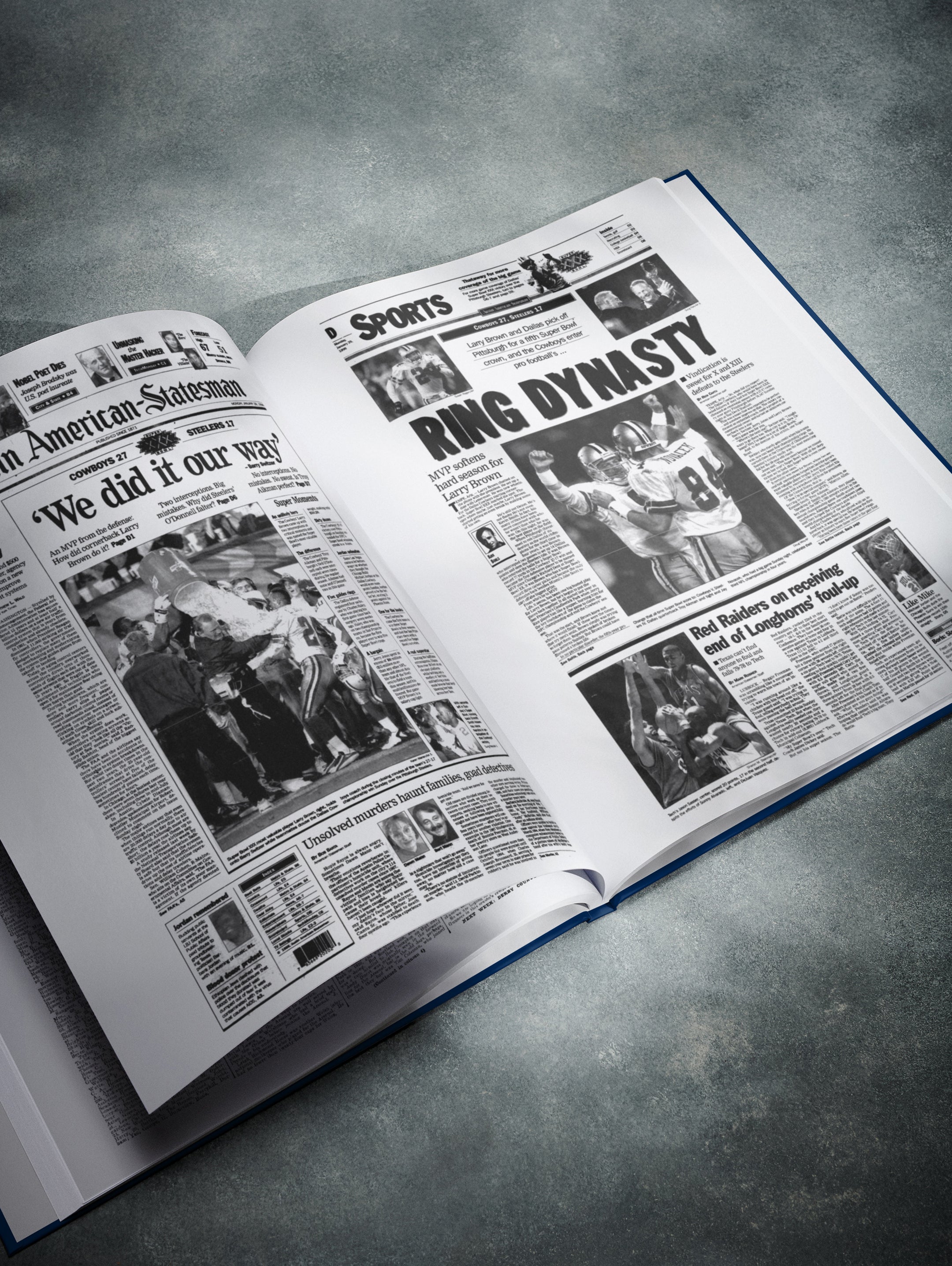
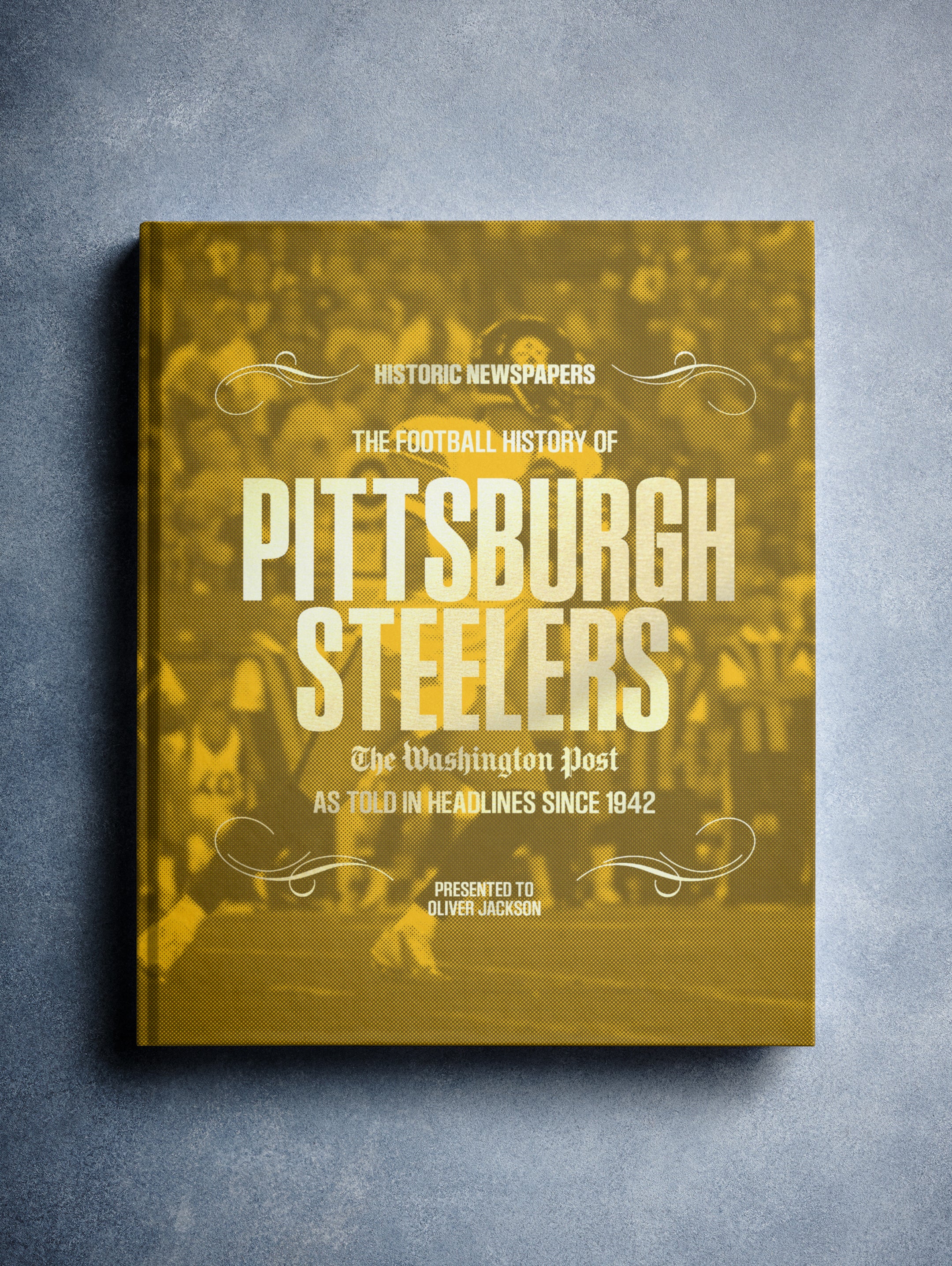

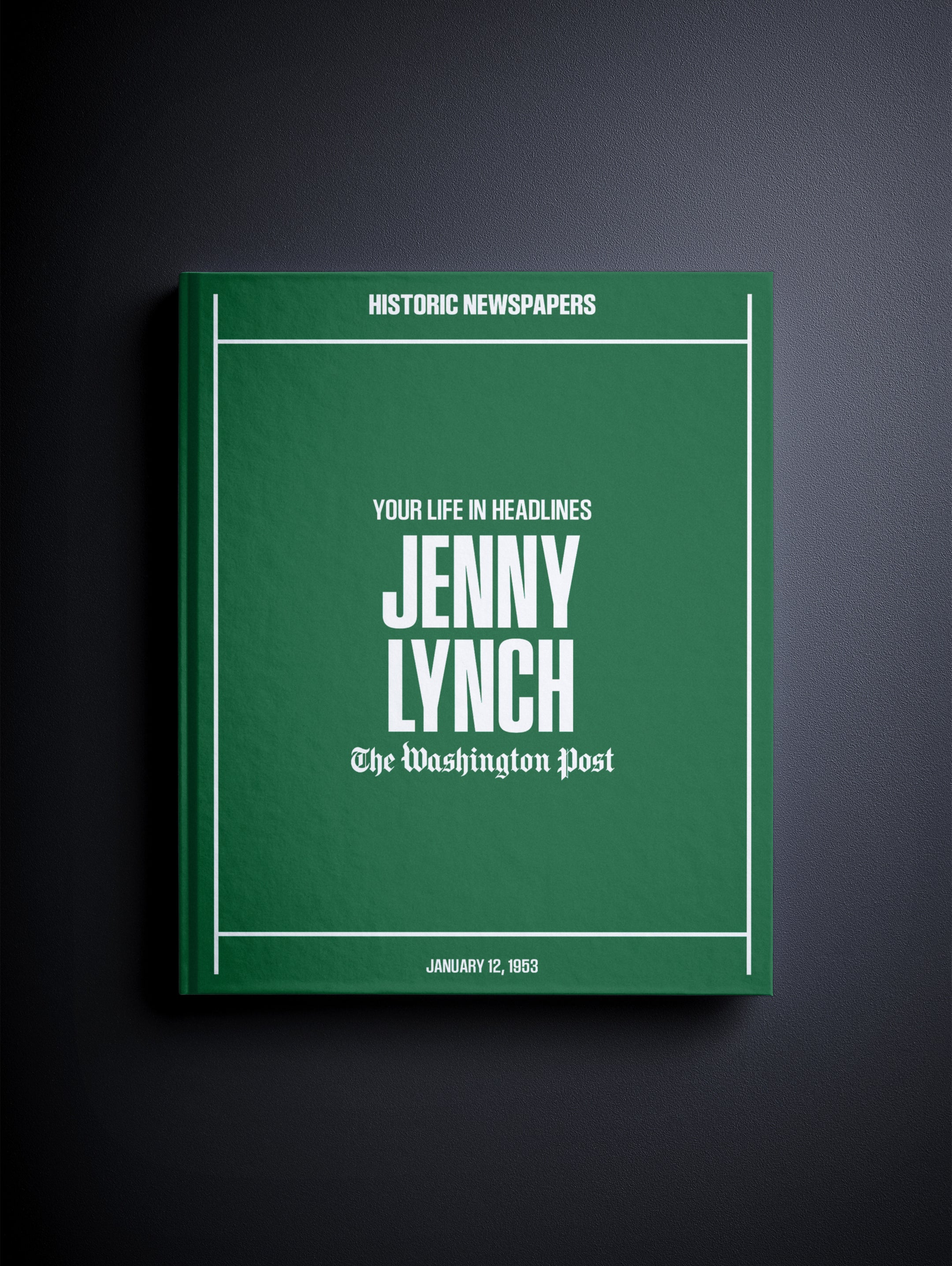
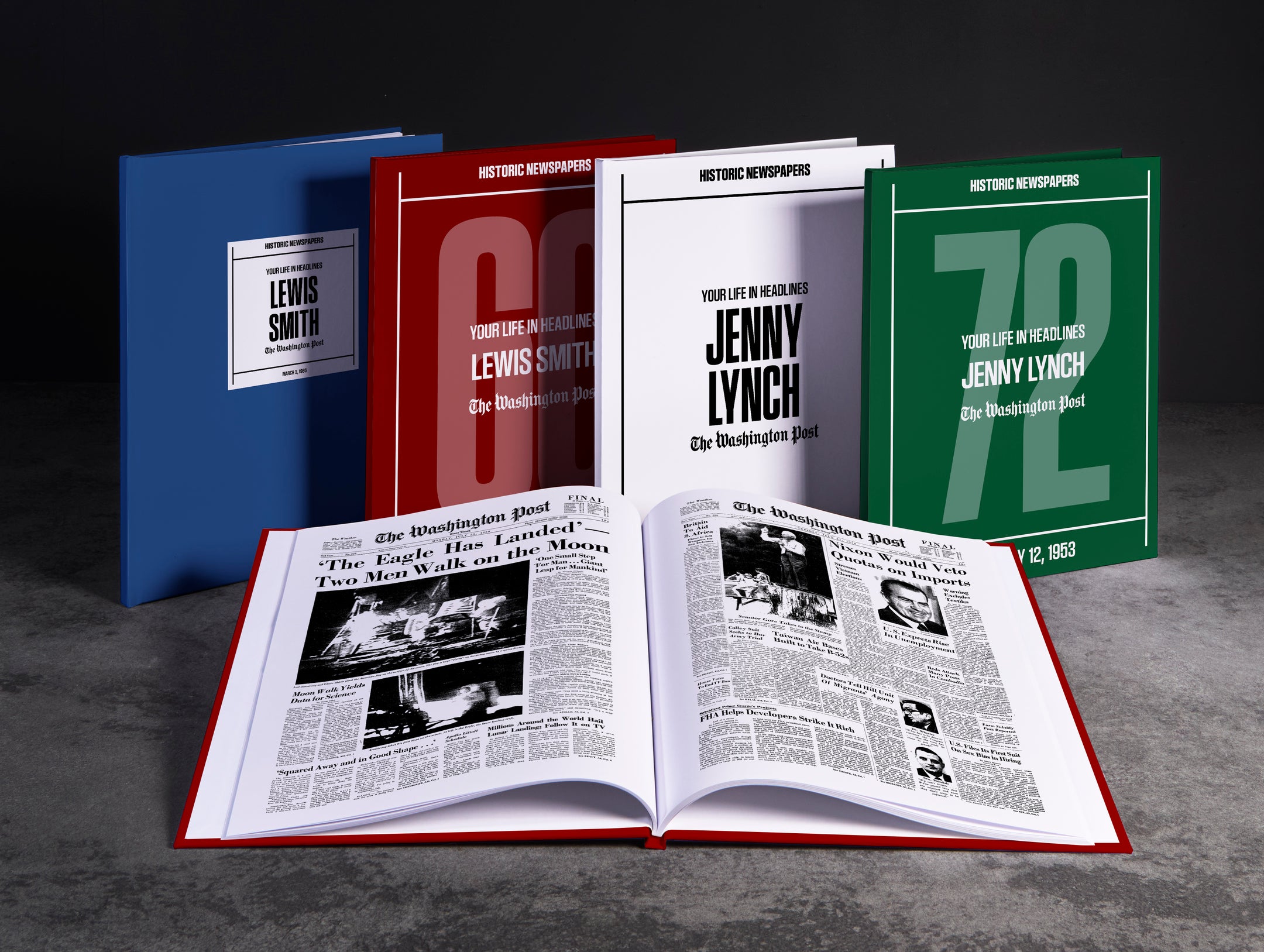


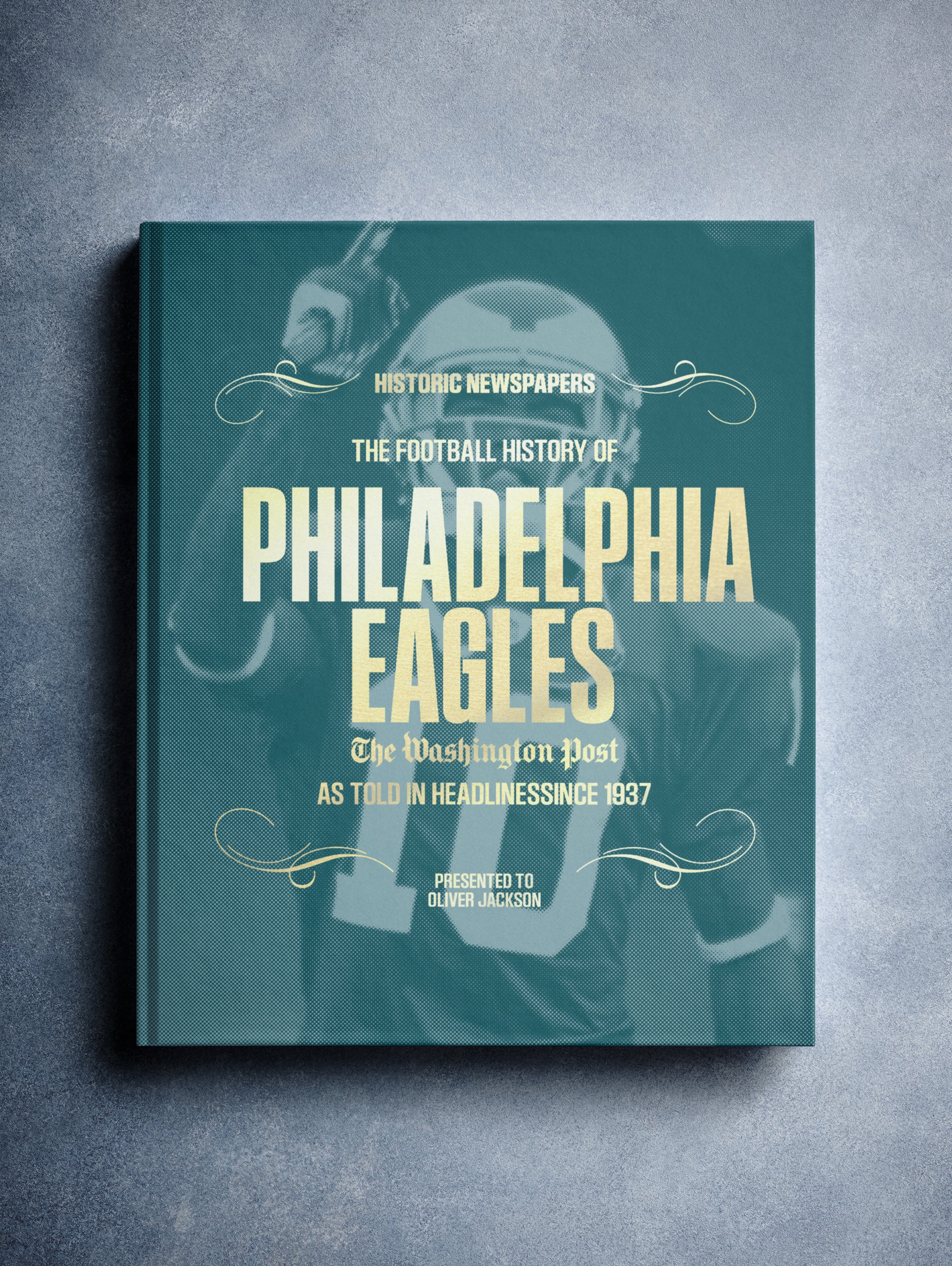

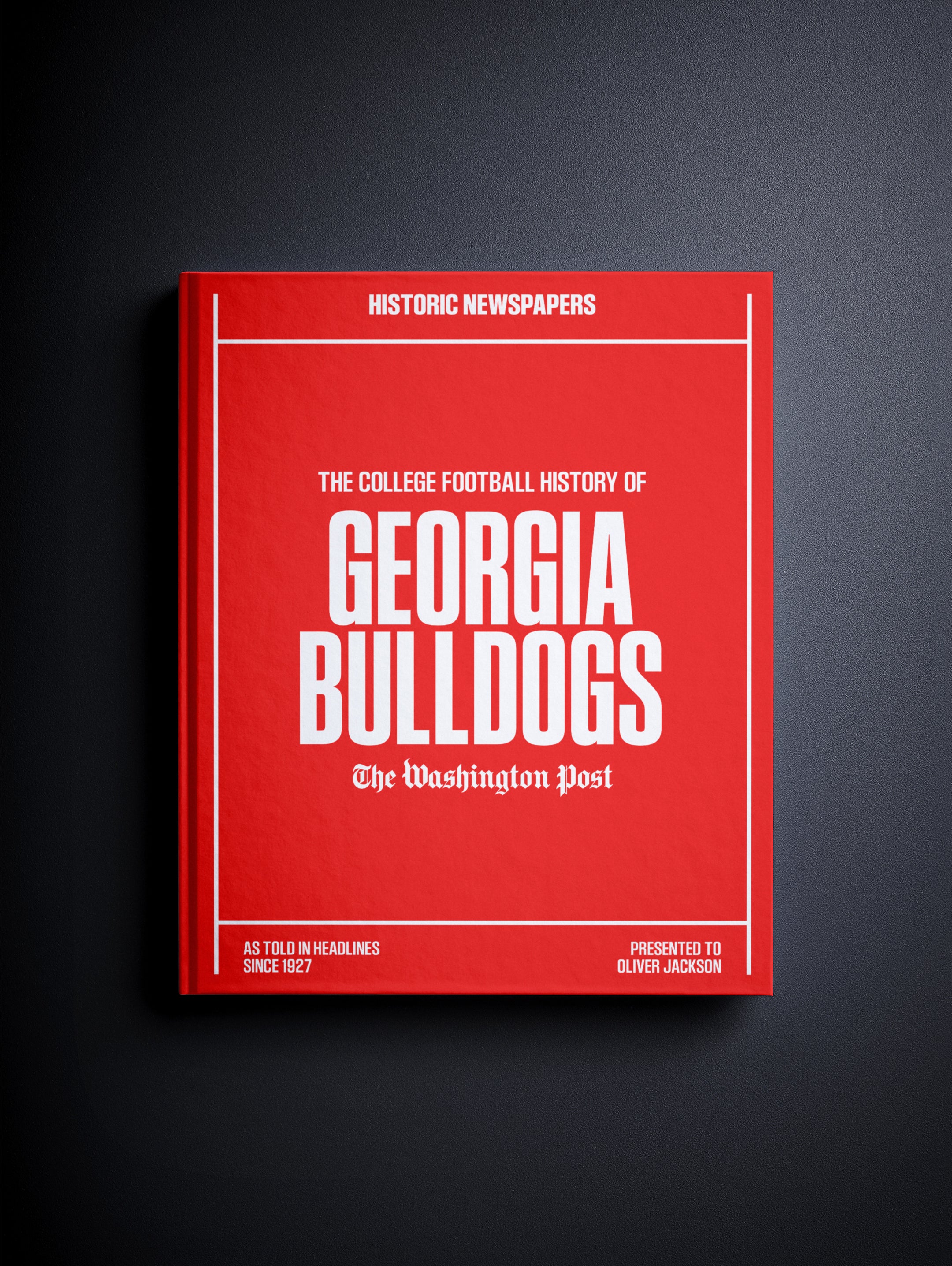

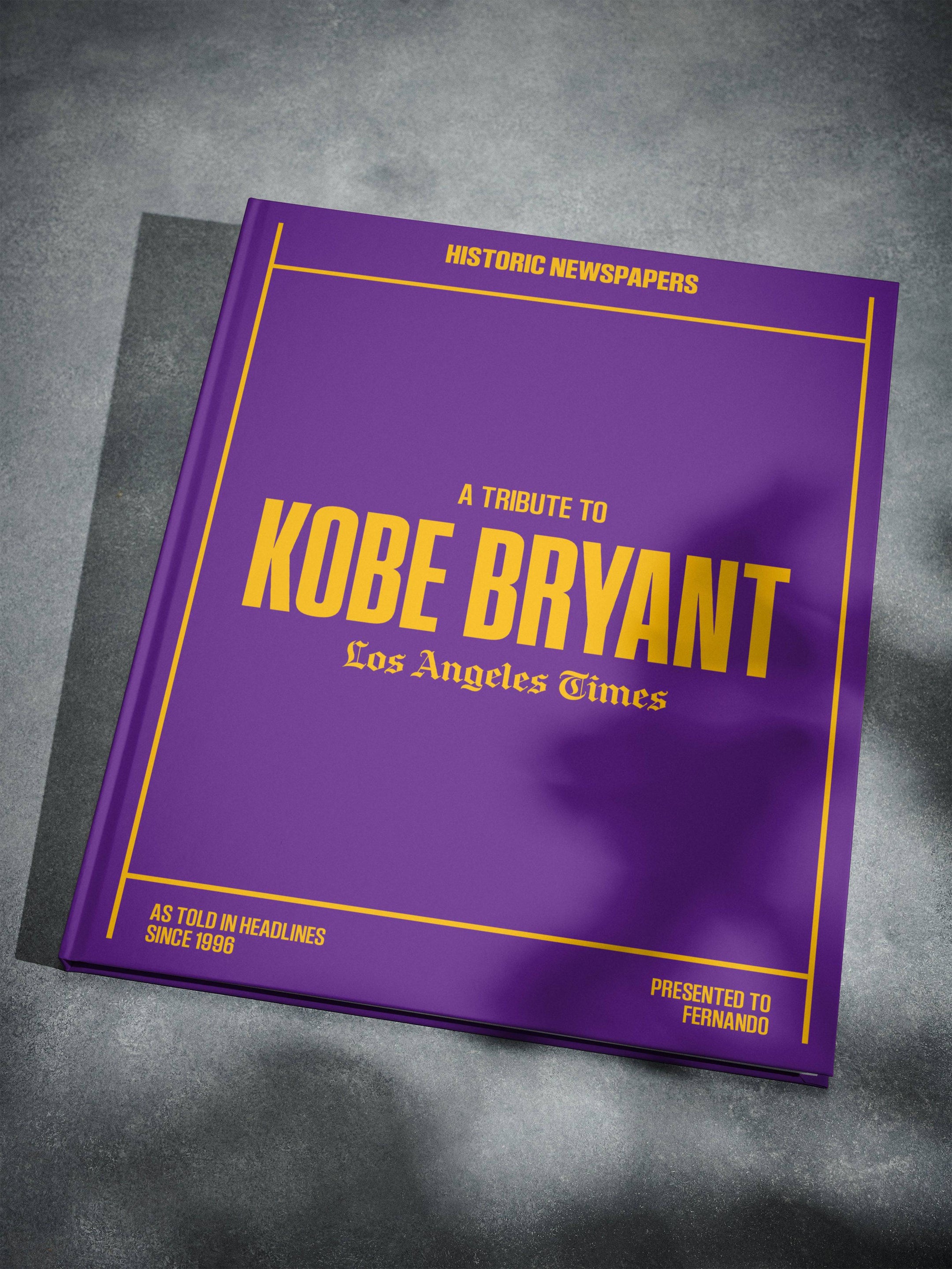
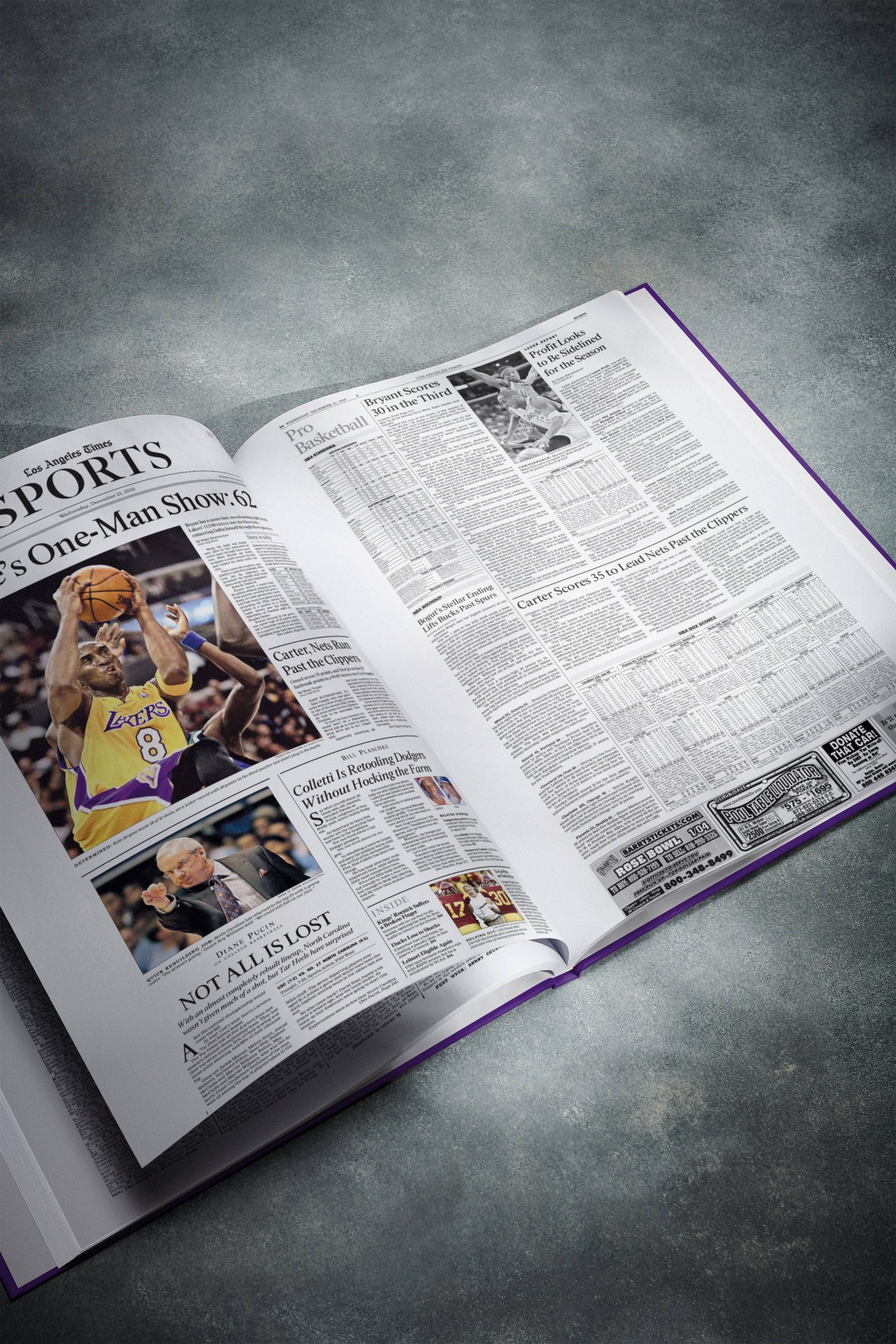
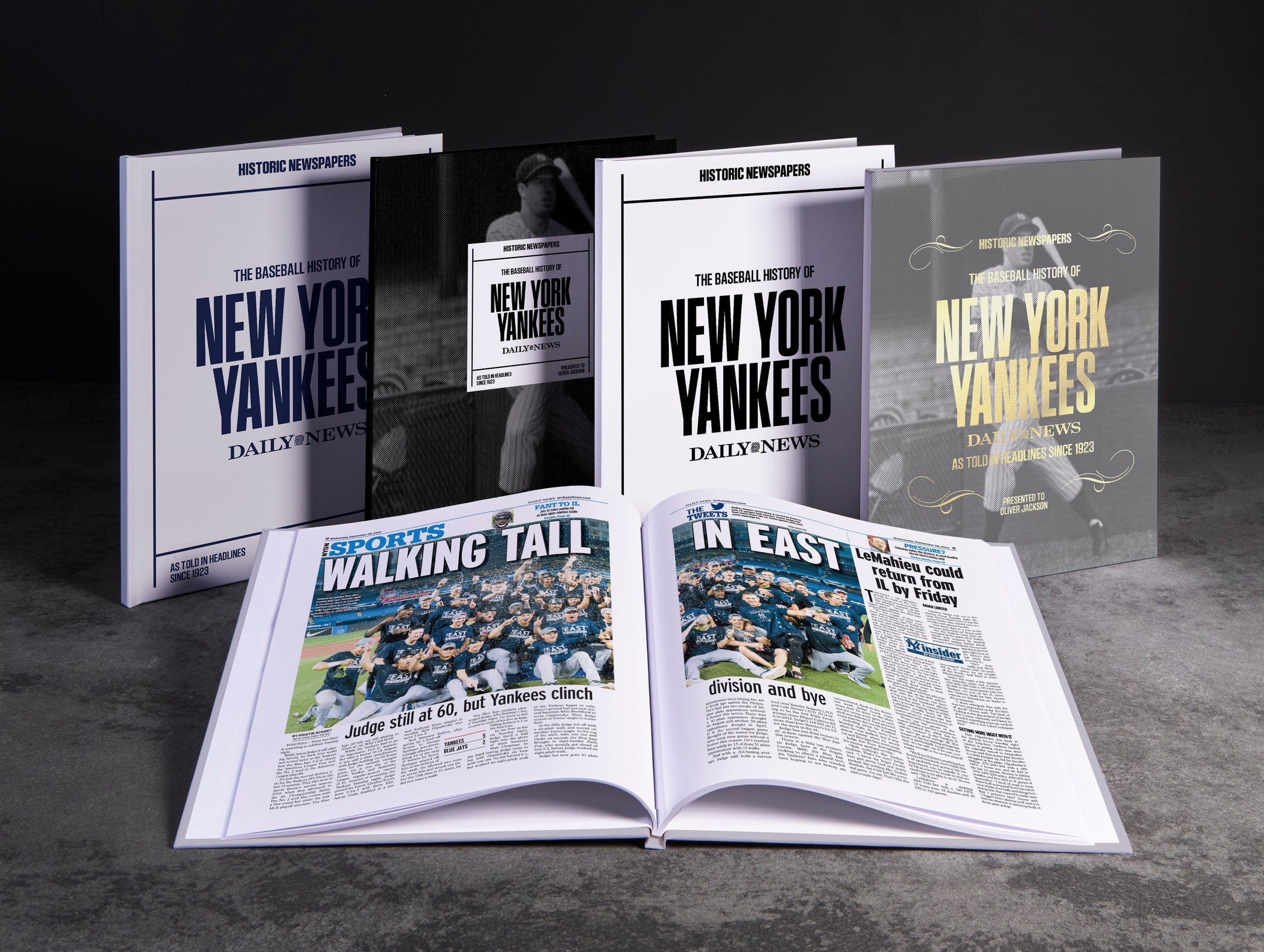
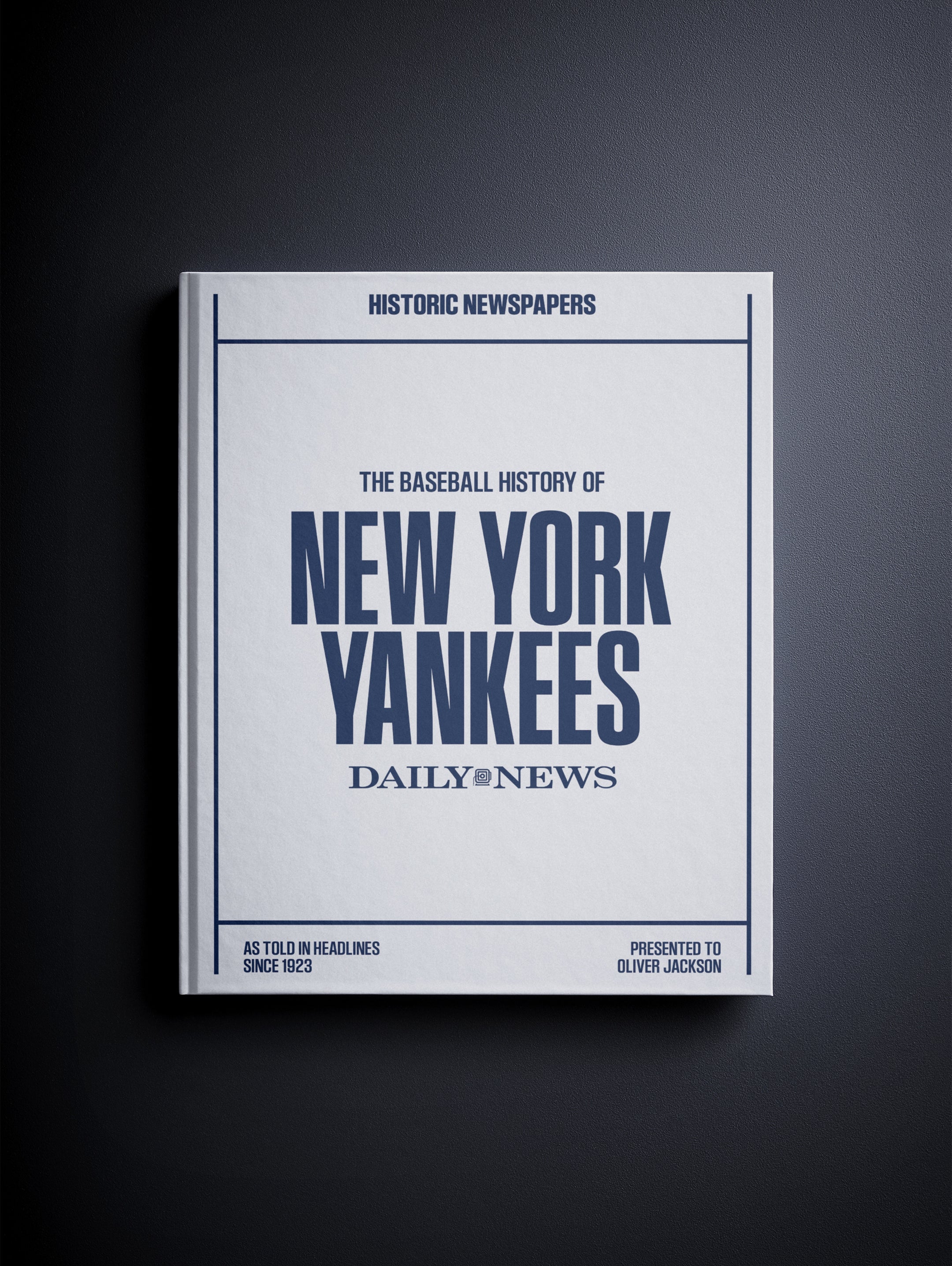
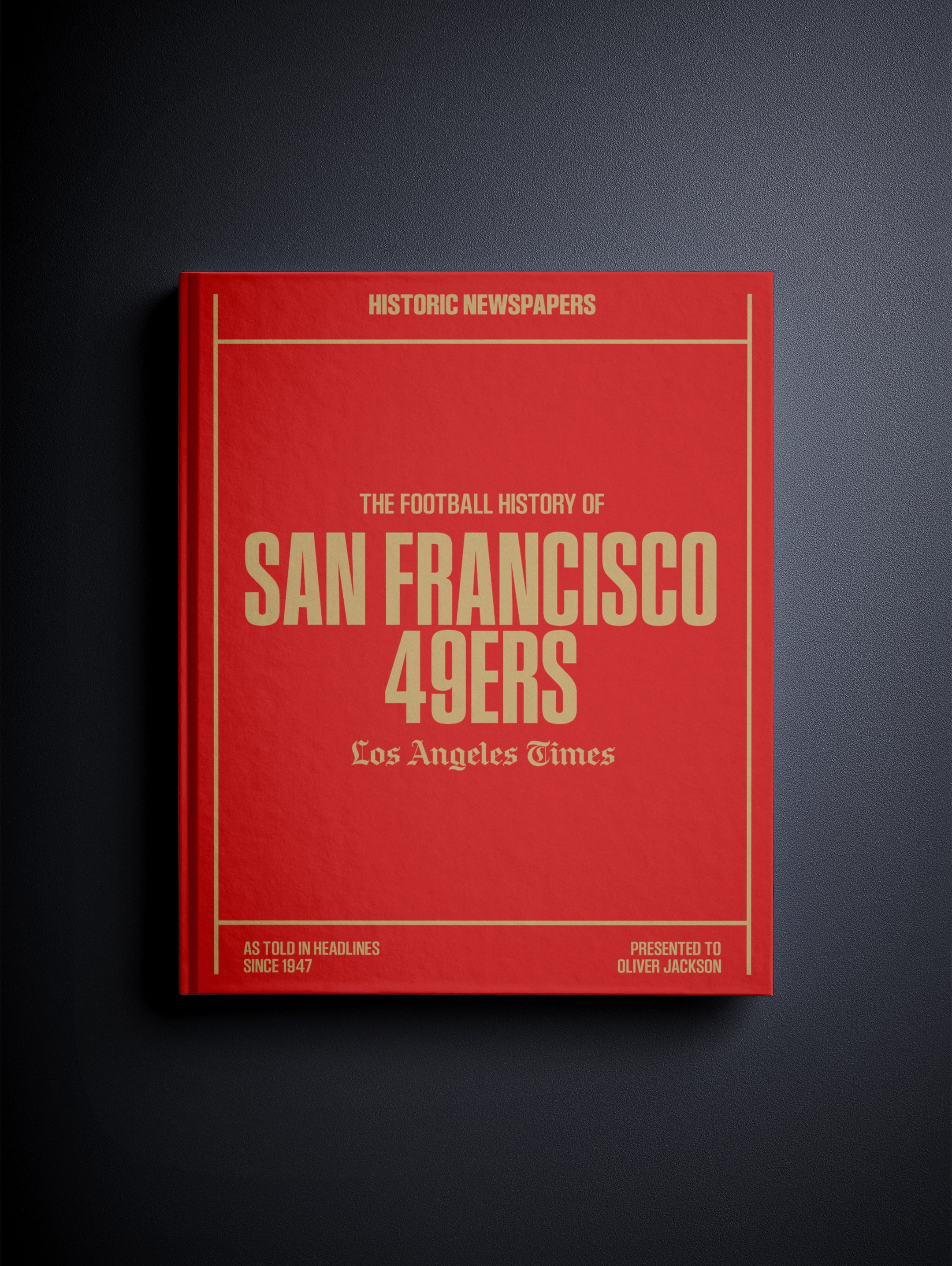
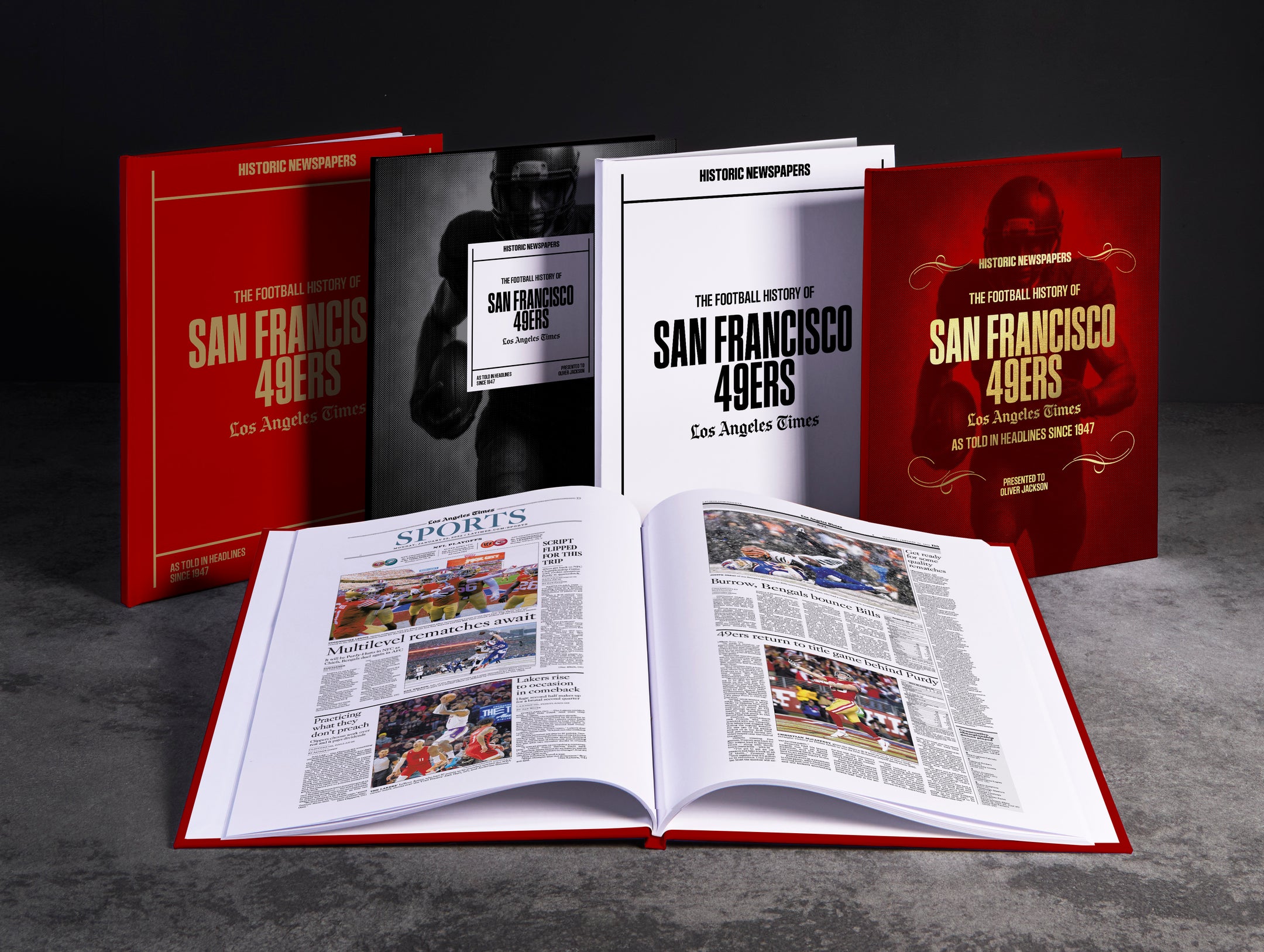
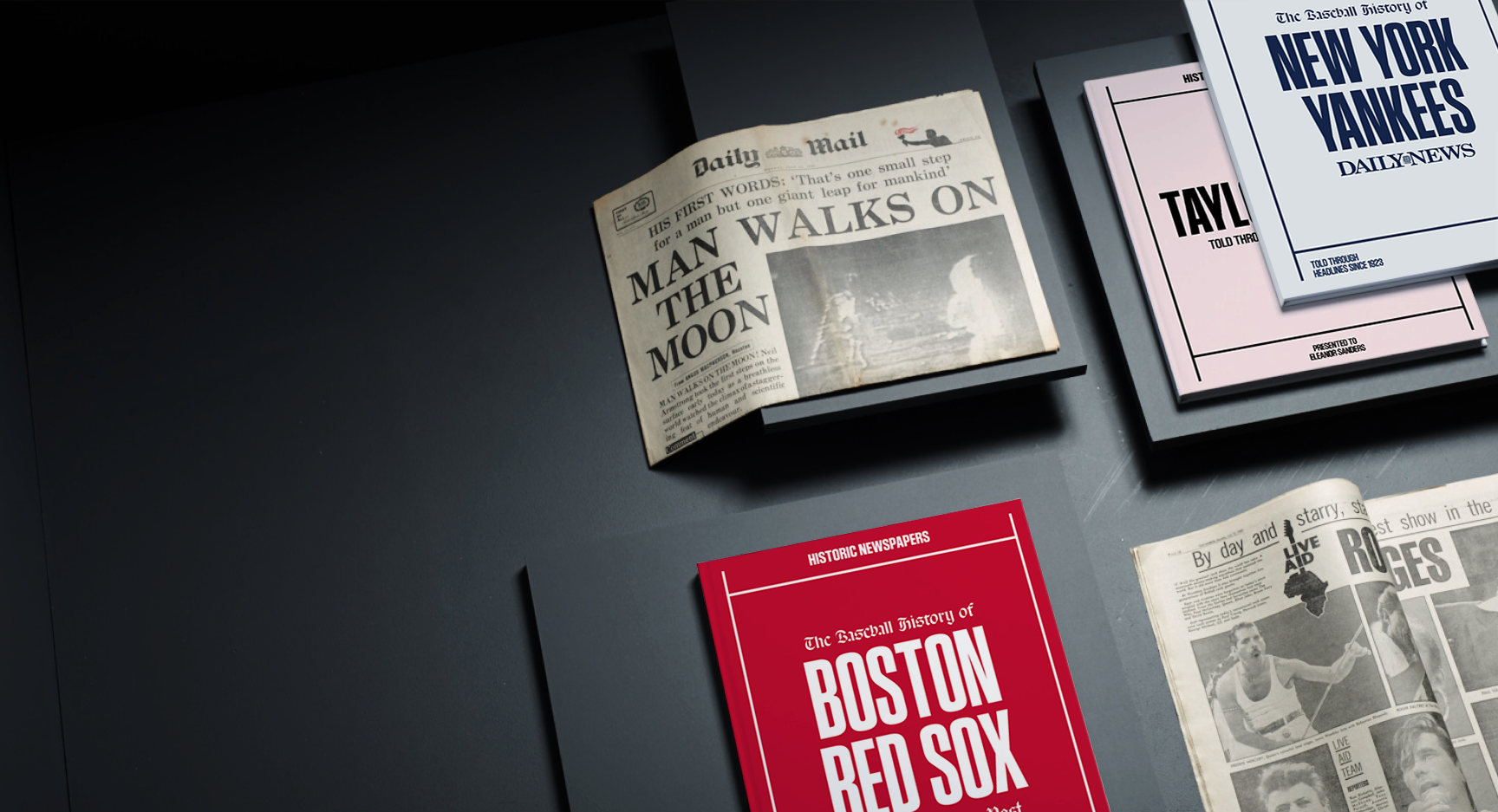
Follow us